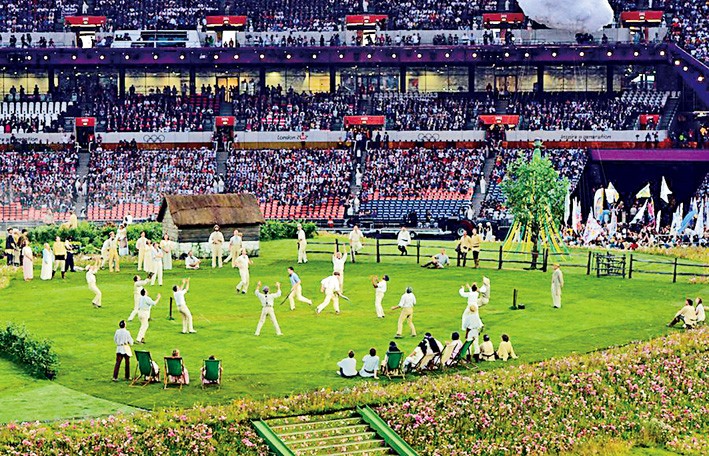

Unfortunately and ungracefully, the ‘Big Three’ hold the veto power in the world of cricket. The ‘Big Three’ -- India, Australia and England -- have almost usurped the democratic power of the ICC on the basis of being financially stronger than the other members.
Ironically, ICC wants to have immaculate full, affiliate and associate members and keeps a check when a member country picks or elects its officials. It wants proper democratic processes in its member associations.
Finally, a sane voice was heard just recently when ICC chief Shashank Manohar, who is BCCI President, said ICC’s Big Three constitutional revamp was ‘bullying’.
He added that the key positions in ICC must be given to the best men though they maybe from Zimbabwe or even associate or affiliate members. The positions should not be monopolised by the Big Three.
He further said that ICC chiefs must not be holding dual posts, being also head of their respective boards.
"When there is conflict of interest between ICC and the member board, then the ICC chief will certainly favour his national board. He will not then be doing justice to his duty towards ICC," he said.
But cricket aficionados need not to be too happy expecting things to be going in the right direction quickly under Manohar. Because Manohar was quick to add that he was speaking in his individual capacity and ICC constitution was bigger than an individual.
Meanwhile, an ICC delegation led by CEO David Richardson met International Olympic Committee (IOC) President Thomas Bach last month to explore ways for the inclusion of cricket in 2024 Olympics. The slots in 2016 and 2020 have already been booked.
"But it’s not simple. There are lots of issues that you need to consider and the Olympics might not want cricket; they don’t want low-rated teams and they don’t want Mickey Mouse format. They want our major format, the Twenty20," Richardson was quoted as saying after the meeting.
Why should the biggest sports spectacle accept a Mickey Mouse format and why not proper T20 format? And why would there be only low-rated teams playing for coveted Olympic medals?
India, Pakistan, Sri Lanka and Bangladesh would gladly participate since there would be better chances for them to clinch medals than in other sports disciplines. Moreover, cricket would get a boost throughout the world. Governments would start funding the game. It would also help promote women cricket to high scale.
Yes, there are hurdles. There are only two slots available at each Olympics, which are fiercely contested by many new sports and discontinued sports.
Cricket holds the third biggest sports event. In popularity, cricket is second only to football. So, it won’t be that difficult to make a strong case.
Secondly, making cricket grounds available at the host city would be a tangible problem. IOC in September announced five candidate hosts -- Rome (Italy), Hamburg (Germany), Paris (France), Budapest (Hungary) and Los Angeles (USA). Cricket is not popular in these countries.
But the biggest hurdle would be the financial impact of letting one T20 World Cup absorbed into Olympics in four years out of the two events that the ICC holds. The ICC would lose revenues if it held only one World T20 in four years.
Member countries will also face loss in revenues for leaving a window for Olympics in their summer season.
Yes, there are stakes for full members and there will be some damage, but mostly monetary. Inclusion in the Olympics would give cricket a truly international look. Currently cricket is played only by those countries which were once British colonies.
The only reason the ICC shows lack of interest in Olympic inclusion is mostly for the benefit of the selected few.
The ICC shares profits with Associates and Affiliates (A&A), but if cricket makes to the Olympics, A&A would receive funds from their governments and would be able to generate revenues with new commercial interest.
It is time the ICC realised cricket is not the property of ‘Big Three’.